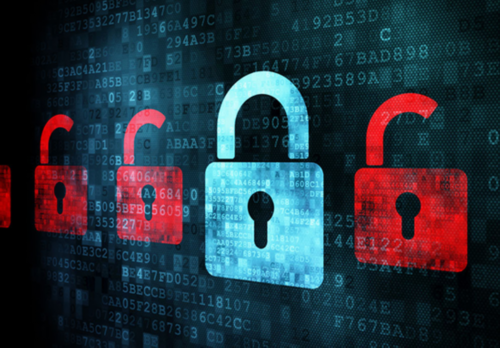How to choose good passwords
A good password is:
- private: it is used and known by one person only;
- secret: it does not appear in clear text in any file or program or on a piece of paper pinned to the monitor;
- easily remembered: so there is no need to write it down;
- at least 8 characters long;
- a mixture of at least 3 of the following: upper case letters, lower case letters, digits and symbols;
- not listed in a dictionary of any major language;
- not guessable by any program in a reasonable time, for instance less than one week.
Here are some hints to help you choose good passwords:
-
- Choose a line or two from a song or poem, and using the first letter of each word. For example, “In Xanadu did Kubla Khan a stately pleasure dome decree!” becomes “IXdKKaspdd!”;
- Use a long passphrase like the sentence “InXanaduDidKublaKahnAStatelyPleasureDomeDecree!” itself or mathematical formulas like “sin^2(x)+cos^2(x)=1”;
- Alternate between one consonant and one or two vowels with mixed upper/lower case. This provides nonsense words that are usually pronounceable, and thus easily remembered. For example: “Weze-Xupe” or “DediNida3”;
- Choose two short words (or a big one that you split) and joining them together with one or more punctuation characters between them. For example: “dogs+F18” or “comP!!UTer”
Attackers and programs that can try to break into your account know a large number of “frequently used” passwords. Here are some guidelines to avoid guessablepasswords:
- Don’t use your login name in any form (as-is, reversed, capitalised, doubled, with a prefix, with a suffix…);
- Don’t use in any form your first or last name and, more generally, any information easily obtained about you. This includes car license plate numbers, telephone numbers, insurance numbers, the brand of your car, the name of the street you live on, the name of your spouse or of your children…;
- Don’t use a word contained in any dictionary of any language, spelling lists, or other lists of words (acronyms, sequences of letters like ‘abcdef’ or ‘qwerty’, place names, car names, cartoon heroes…);
- Don’t use the same password for other sites. Better, have one distinct password for every other site.
Learn from others. Here are the 10 most used passwords: https://youtu.be/Kee0ggcBaI8
Why you need good passwords
The password is the most vital part of account security. If an attacker can discover your password, he/she can use your account to attack systems in or outside your network, as well as read, modify or delete all your files.


One thought on “Password Recommendations”
prise de masse avec fruit